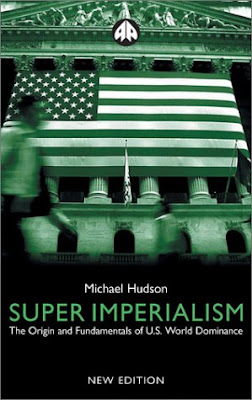NYTimes | A redrawn map of South Asia has been making the rounds among Pakistani elites. It shows their country truncated, reduced to an elongated sliver of land with the big bulk of India to the east, and an enlarged Afghanistan to the west.
That the map was first circulated as a theoretical exercise in some American neoconservative circles matters little here. It has fueled a belief among Pakistanis, including members of the armed forces, that what the United States really wants is the breakup of Pakistan, the only Muslim country with nuclear arms.
“One of the biggest fears of the Pakistani military planners is the collaboration between India and Afghanistan to destroy Pakistan,” said a senior Pakistani government official involved in strategic planning, who insisted on anonymity as per diplomatic custom. “Some people feel the United States is colluding in this.”
That notion may strike Americans as strange coming from an ally of 50 years. But as the incoming Obama administration tries to coax greater cooperation from Pakistan in the fight against militancy, it can hardly be ignored.
This is a country where years of weak governance have left ample room for conspiracy theories of every kind. But like much such thinking anywhere, what is said frequently reveals the tender spots of a nation’s psyche. Educated Pakistanis sometimes say that they are paranoid, but add that they believe they have good reason.
Pakistan, a 61-year-old country marbled by ethnic fault lines, is a collection of just four provinces, which often seem to have little in common. Virtually every one of its borders, drawn almost arbitrarily in the last gasps of the British Empire, is disputed with its neighbors, not least Pakistan’s bitter and much larger rival, India.
These facts and the insecurities that flow from them inform many of Pakistan’s disagreements with the United States, including differences over the need to rein in militancy in the form of Al Qaeda and the Taliban.

















